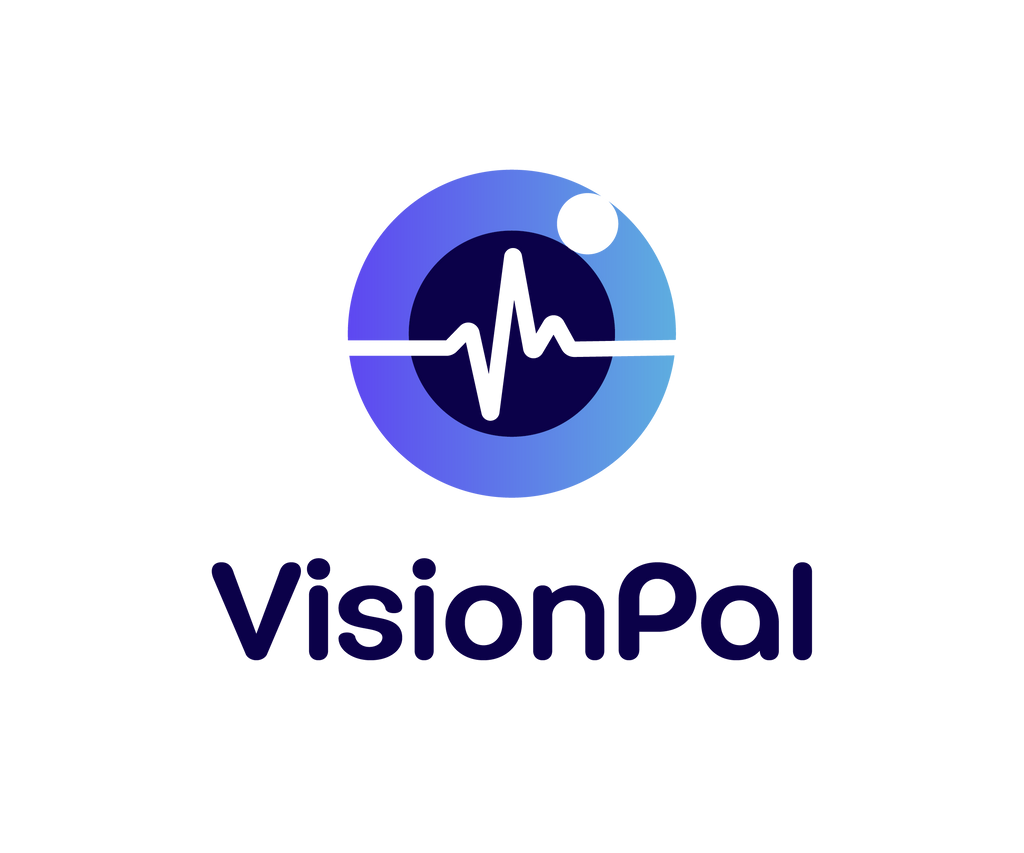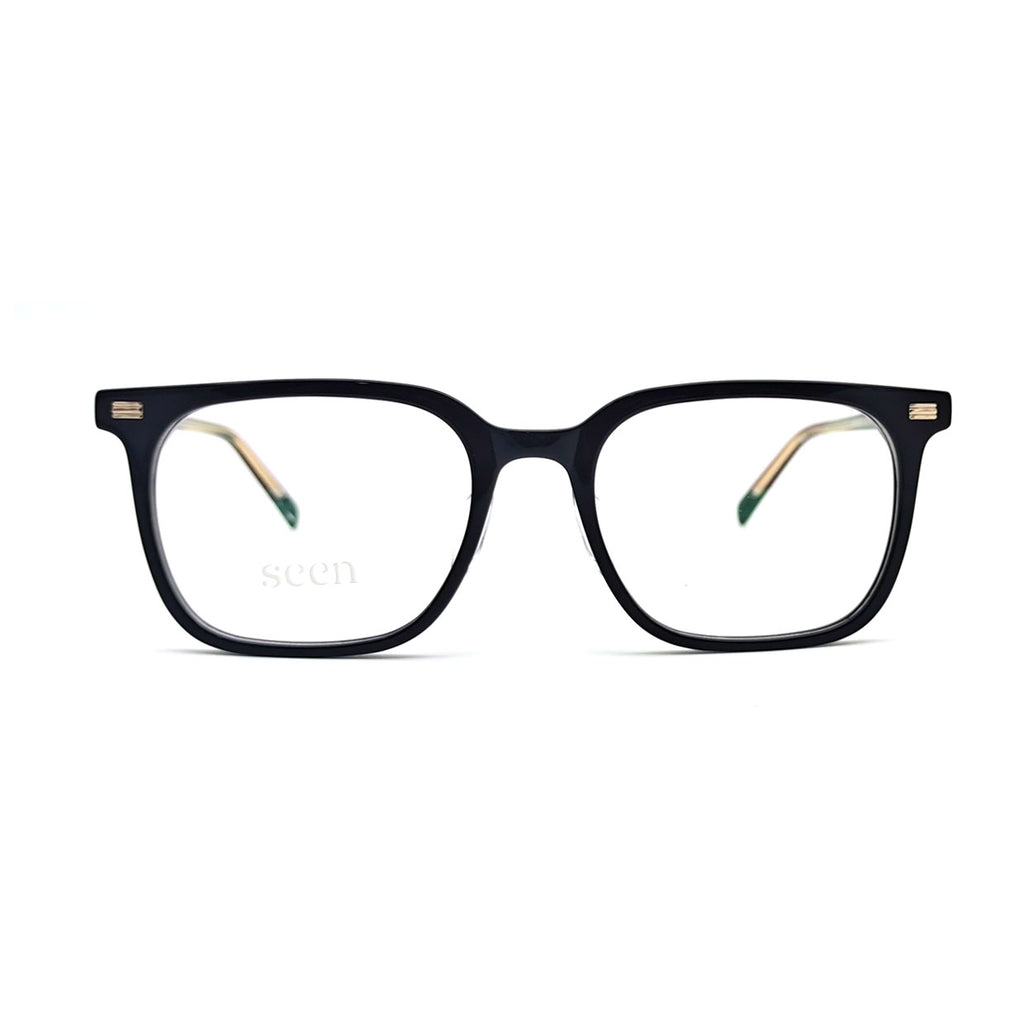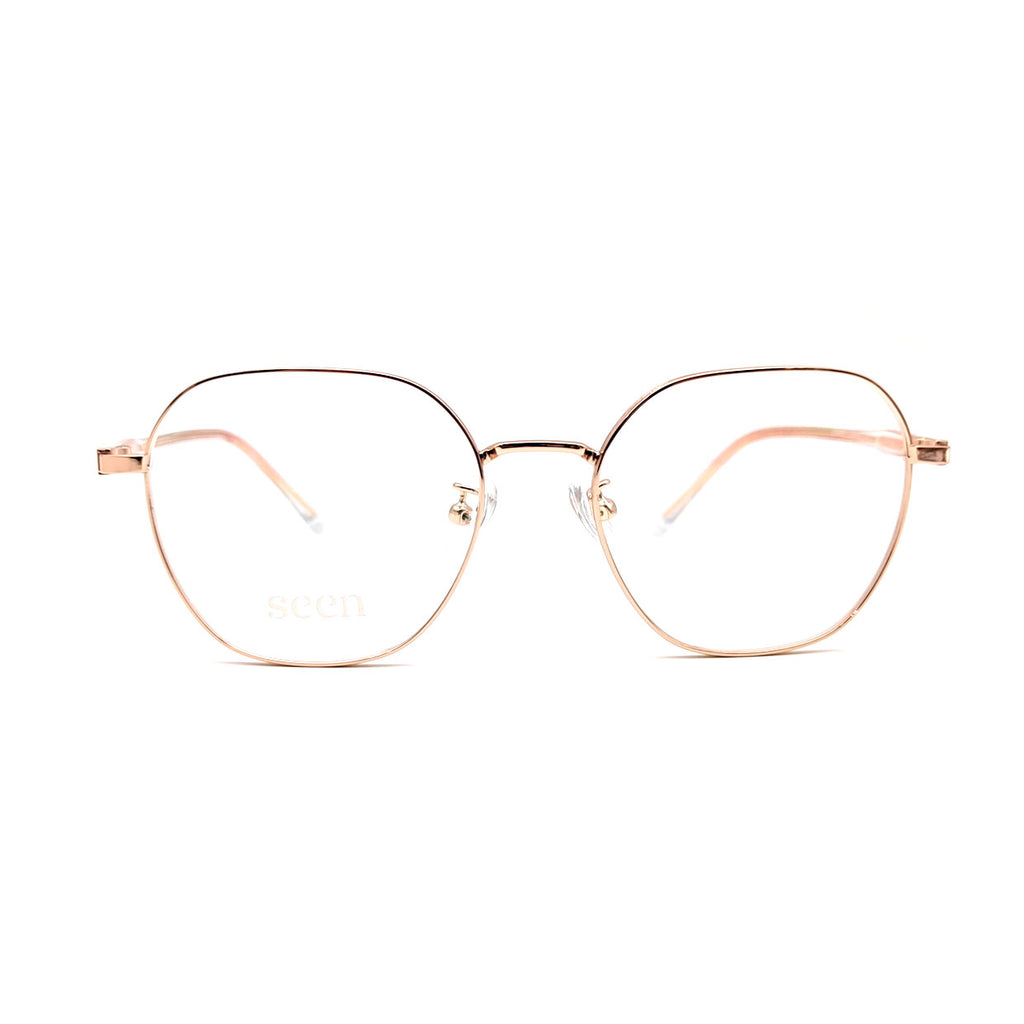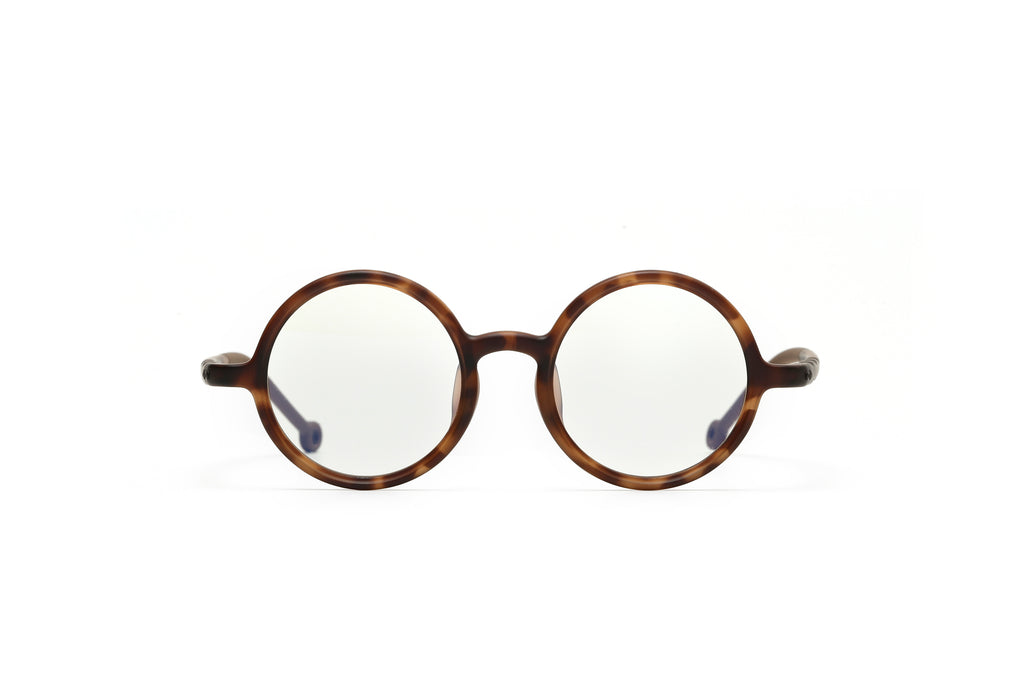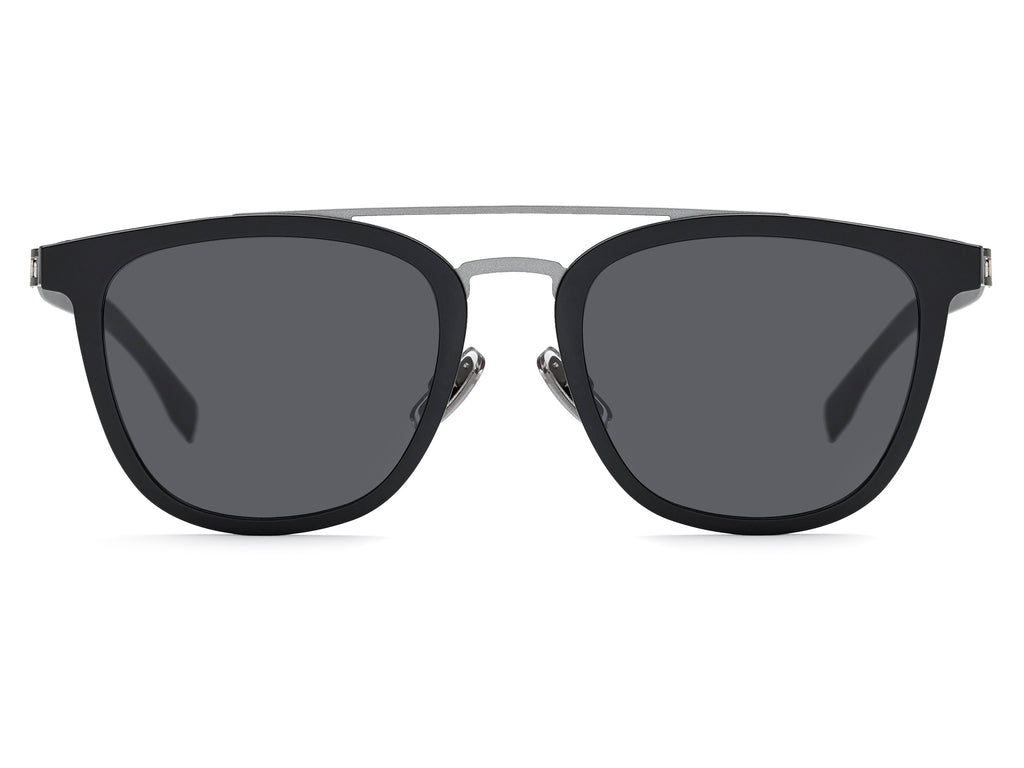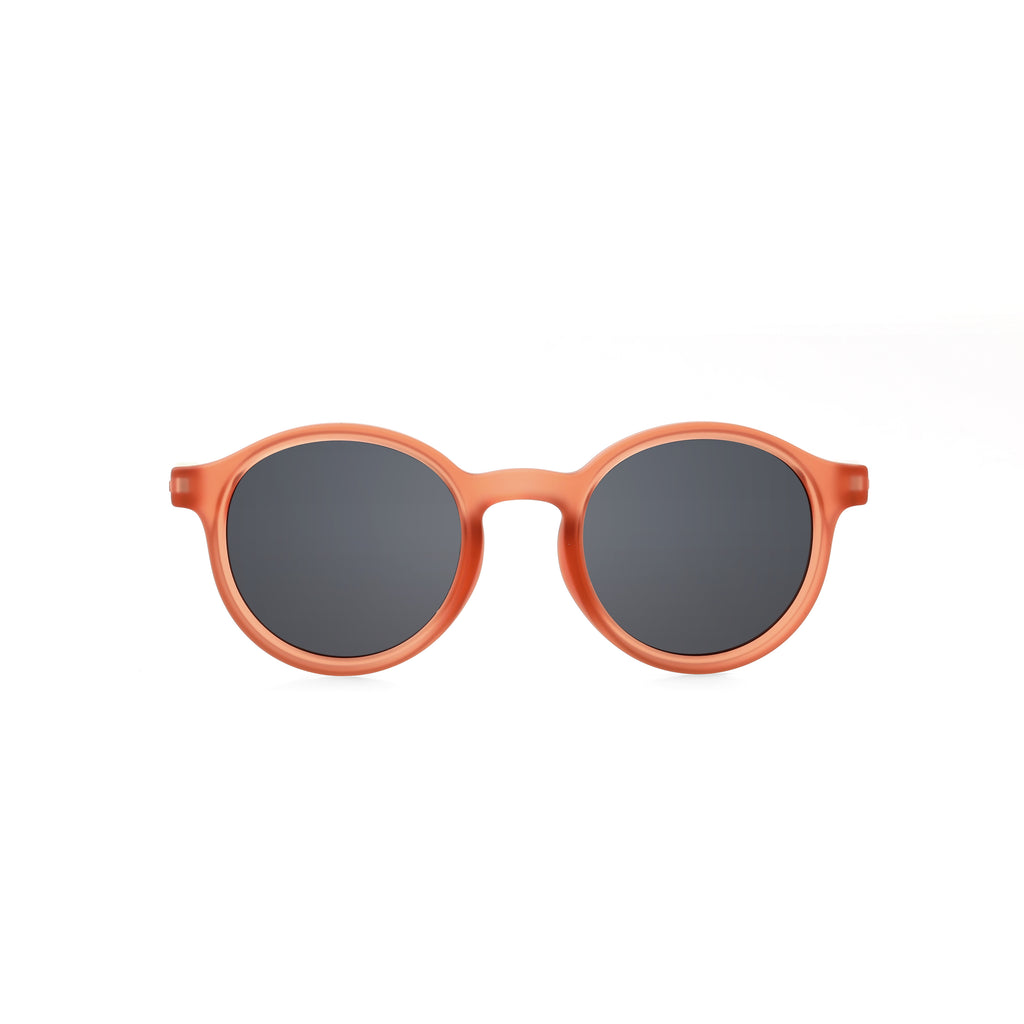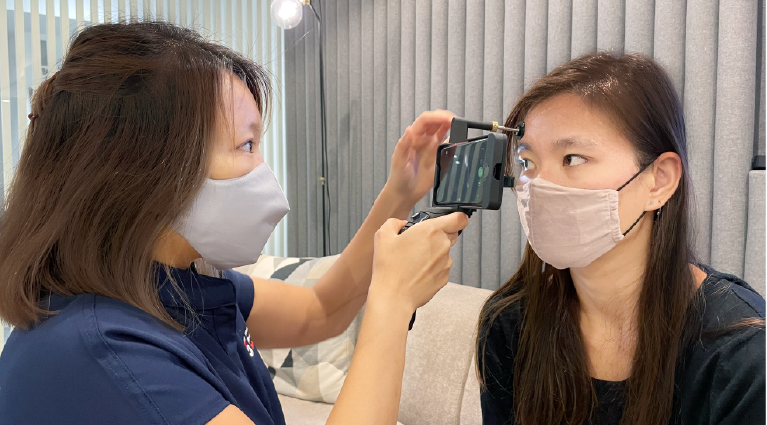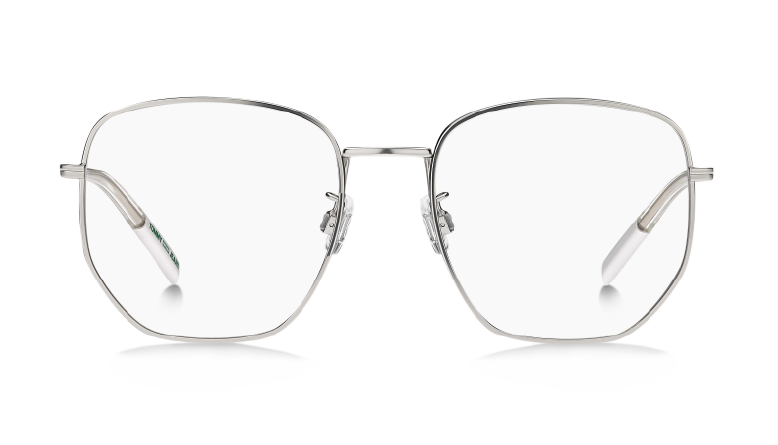
Keeping Myopia At Bay
Myopia is also known as short-sightedness. This is where images near are clear and, if they are further away, they will be blurry. Every region of the world shows alarming increases in the number of people with myopia. As things are blurry, It can lead to learning issues as most of our learning is through our eyes.
COVID-19 has significantly raised the stakes and increased the burden of myopia. Evidence from across the globe found that the COVID lockdowns caused a surge in near based activities and less time outdoors, resulting in a spike in prevalence, incidence (new cases of myopia) and progression of myopia.
Every region of the world shows alarming increases in the number of people with myopia. The prevalence of myopia has been increasing for many years, and it is now becoming a growing problem in many parts of the world. In Singapore, 83% of our young adults are myopic.
What Causes Myopia?
Myopia is a common eye condition; it can be mild or severe and vary from person to person. Many things can cause myopia, including genetics, environment, and lifestyle choices.
Myopia is not a life-threatening condition, but it can lead to difficulty seeing things far away.
There is no cure for myopia, but there are several ways to treat myopia: with glasses, contact lenses, surgery, or an intraocular lens (IOL). Spectacles or contact lenses are needed to correct it to see distant objects. Laser surgery such as LASIK does not cure myopia. The procedure shapes the cornea to act as a focusing lens. It does not treat the elongated myopic eyeball. Also, LASIK is rarely performed in children as their eyes are still developing.
What Complications Could Arise From Myopia?
High degrees of myopia could lead to potentially blinding complications such as:
1. Amblyopia or “Lazy Eye”: Reduced vision in an eye that does not develop normally during early childhood. Unless treated, vision in the weaker eye will be permanently blurred.
2. Cataract: The lens in the eye becomes cloudy, causing blurred vision.
3. Glaucoma: There is increased fluid pressure within the eyeball. Left untreated, this can cause blindness.
4. Retinal Detachment: This is a serious condition when the retina has separated from the eyeball. If left untreated, it can lead to blindness.
5. Macular Degeneration: The central part of the retina that gives the clearest vision degenerates.
What Are Some Tips to Prevent Myopia?
Stay informed: Book an eye examination for your child with an eye care professional before they commence schooling and at regular intervals thereafter.
Take time out: get your child to take breaks from near based tasks like playing video games, and get them to look or get outside...
Get outdoors: get your child to skip, hop & move outdoors as a daily routine. Short walks, looking outside the window, anything that stretches the vision into the distance to help reduce myopia risk.
If your child is already myopia, speak to us about the myopia control solutions available to slow down the progression of myopia.
Conclusion
Eye screenings can identify problems before they become severe and provide solutions such as eyeglasses or contact lenses to correct your vision. If you or someone you know has trouble seeing clearly, it is important to book an eye screening with an optometrist so that they can help determine the reason and how to best correct it.
In same category
Screen Time and Your Family’s Eye Health: Finding the Right Balance
In today’s digital age, screens are a big part of our daily lives. From work to entertainment and education, screens have become indispensable. However, as...
What is Arcus Senilis also know as Cholesterol Rings ? : A Sign of Aging Eyes
From Metal to Wood: Finding the right pair of glasses
Discover the World of Eyewear Materials: The seemingly simple choice of eyewear frames goes beyond mere aesthetics, profoundly influencing our daily lives in terms of...

